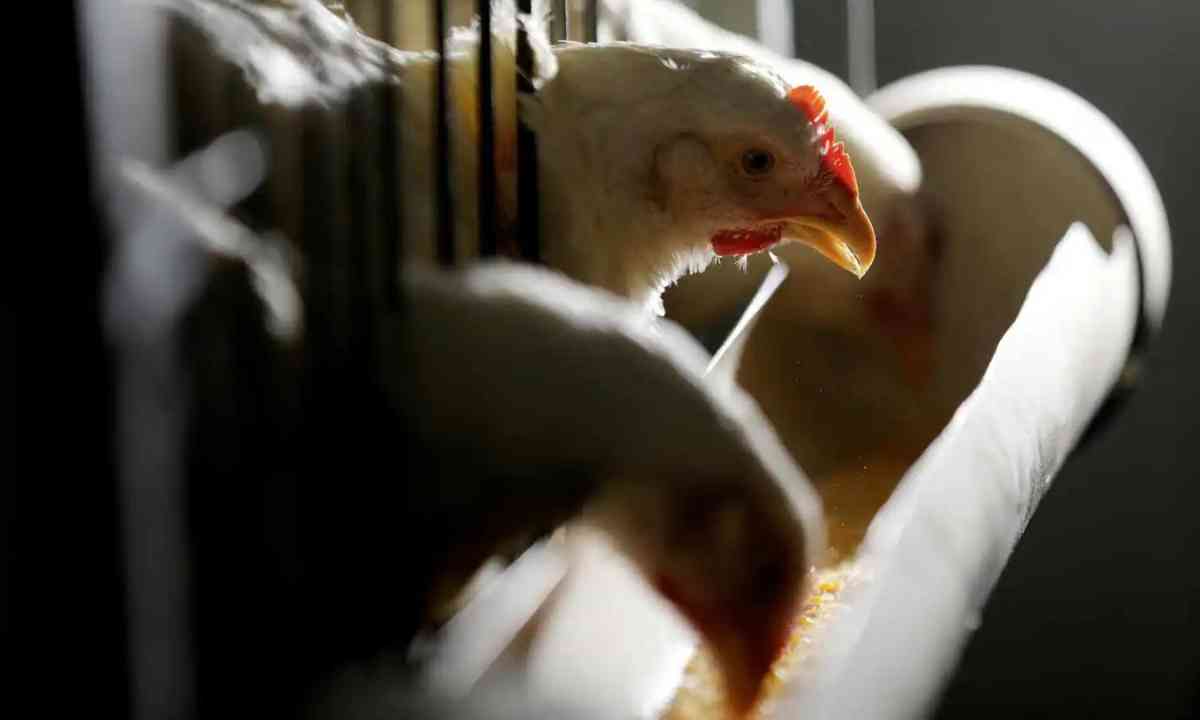The Agriculture Ministry said on Monday that Brazil, the biggest supplier of chicken in the world, has for the first time confirmed instances of Highly Pathogenic Avian Influenza (HPAI), although only in wild birds.
In accordance with recommendations from the World Organisation for Animal Health (WOAH), two cases were found in wild birds and should not result in a restriction on the importation of Brazilian chicken products.
The avian influenza virus may wipe out whole flocks of birds, costing farmers money. Brazil has never reported a case before, but the South American nation's exports of chicken increased by 27% to $9.76 billion last year while other nations struggled with a global viral pandemic.
On the coastline of the Brazilian state of Espirito Santo in the southeast, two sea birds of the Thalasseus acuflavidus species tested positive for the H5N1 subtype of the influenza virus, according to the Brazilian government.
The extreme south and west of Brazil are the primary poultry-producing states. However, the meat lobby ABPA claims that Espirito Santo is the third-largest egg-producing state in Brazil. It sells eggs domestically rather than exporting them.
An increase in epidemiological surveillance services will be made to look for possible cases in wild and domestic animals in the vicinity of the confirmed cases.
Brazil's position "as a country free of HPAI" was not impacted, according to the agricultural ministry, because the instances were found in wild animals.
©Copyright 2023. All Rights Reserved Powered by Vygr Media.























